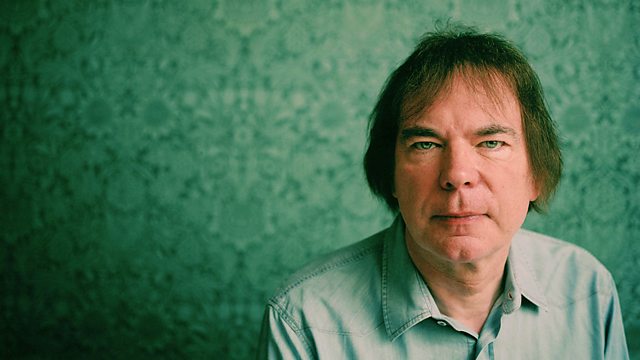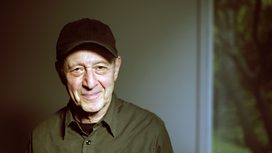
Free for All
Series on the revolution in 20th century music looks at how modernism came under state control in the 1930s and how a new generation of composers tried to reinvent it.
The second episode looks at how the freewheeling modernism that had shocked, scandalised and titillated audiences in the first two decades of the 20th century comes under state control. Initially, many practitioners thought the totalitarian regimes would be good for music and the arts. What followed in Germany was a ban on music written by Jews, African-Americans and communists, while in the Soviet Union there was a prohibition on music the workers were unable to hum. In the USA, many composers voluntarily embraced music for the masses.
After the cataclysm of the 1940s, a new generation of 20-something composers - Boulez, Stockhausen, Xenakis, Nono, Ligeti - turned their back on what they saw as the discredited music of the past and decided to try and reinvent it from scratch. Or, at least, from serialism, which became, as the 1950s wore on, as much of a straitjacket as the strictures of totalitarianism had been before. But from this period of avant-garde experimentation, which many listeners found baffling and even terrifying, came some of the most influential and radical musical innovations of the century.
The story is told by a musical cast list including Pierre Boulez, Michael Tilson-Thomas, Peter Maxwell-Davies, Harrison Birtwistle and John Adams.
Last on
![]()
"I must confess I’ve never been so in awe.” Read series producer Ian MacMillan’s post
Clip
-
![]()
From totalitarian suppression to new extremes
Duration: 02:08
����ý Four Modern Classical Music Collection

Credits
| Role | Contributor |
|---|---|
| Director | Ian MacMillan |
| Series Producer | Ian MacMillan |
| Executive Producer | Roy Ackerman |
| Producer | David Jeffcock |
Broadcasts
- Tue 19 Feb 2013 21:00
- Wed 20 Feb 2013 02:40
- Fri 22 Feb 2013 00:30
 Fri 22 Feb 2013 23:50����ý HD
Fri 22 Feb 2013 23:50����ý HD- Fri 4 Oct 2013 19:30
Celebrate 20th Century music with The Open University
Explore the world of 20th Century classical and avant-garde music


